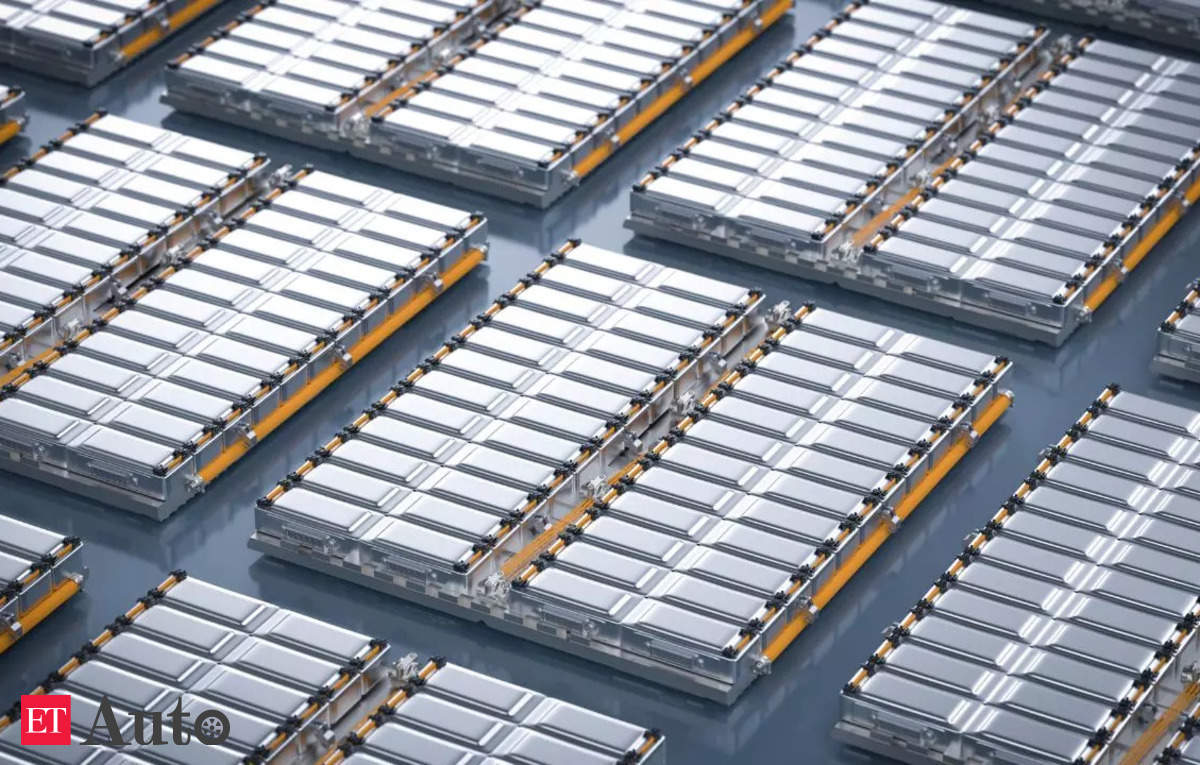Scientists at the Korea Advanced Institute of Science and Technology (KAIST) have made a groundbreaking advancement in battery technology with the invention of a new sodium-ion battery that can charge within seconds. This innovative development could revolutionize the way we use and think about energy storage in the future.
The new battery technology addresses some of the fundamental limitations of current sodium-ion batteries, such as lower power output and longer charging times. By integrating anode materials typically used in batteries with cathodes suitable for supercapacitors, the researchers have created a hybrid system that boasts both high energy density and rapid charge-discharge rates.
Sodium-ion batteries have been of considerable interest due to sodium’s abundance compared to lithium, which is over 500 times less common. This abundance makes sodium-ion batteries a potentially cheaper and more sustainable alternative to the lithium-ion batteries that currently dominate the market. However, until now, the performance of sodium-ion batteries has lagged behind that of their lithium-ion counterparts.
The research team, led by Professor Jeung Ku Kang, tackled this challenge by utilizing two distinct metal-organic frameworks for the optimized synthesis of the hybrid batteries. This approach resulted in an anode material with improved kinetics through the inclusion of fine active materials in porous carbon derived from metal-organic frameworks. Additionally, a high-capacity cathode material was synthesized, allowing for the development of a sodium-ion storage system that optimizes the balance between the electrodes.
The result is a high-energy, high-power hybrid sodium-ion battery capable of charging in just a few seconds. This rapid charging capability is a significant step forward, as it opens up new possibilities for the use of sodium-ion batteries in various applications, including electric vehicles and other advanced technologies.
One of the most exciting aspects of this new battery technology is its potential impact on electric vehicles (EVs). The ability to charge batteries quickly is crucial for the widespread adoption of EVs, as it addresses one of the main concerns consumers have: the time it takes to recharge. With this new technology, charging an EV could become as quick and convenient as filling up a tank of gas.
Moreover, the environmental benefits of this technology cannot be overstated. As the world moves towards more sustainable energy sources, the need for efficient, eco-friendly energy storage solutions becomes increasingly important. Sodium-ion batteries, with their rapid charging capabilities and use of abundant materials, could play a vital role in this transition.
The implications of this technology extend beyond EVs. The high power and energy density of these batteries make them suitable for a wide range of applications, from mobile devices to space tech. As the technology matures, it could lead to more efficient power grids, smarter energy management systems, and even new types of portable electronics.
The creation of sodium-ion batteries marks a significant stride towards a future characterized by clean, efficient, and swift-charging energy sources. From automobiles to smartphones, these batteries hold the potential to revolutionize various facets of our lives. As research and development efforts persist, the integration of sodium-ion batteries into our daily routines is inevitable, fostering innovation and sustainability. With their versatility and promise, these batteries are poised to play a pivotal role in shaping the trajectory of technology, facilitating a transition towards a greener and more energy-efficient tomorrow.





